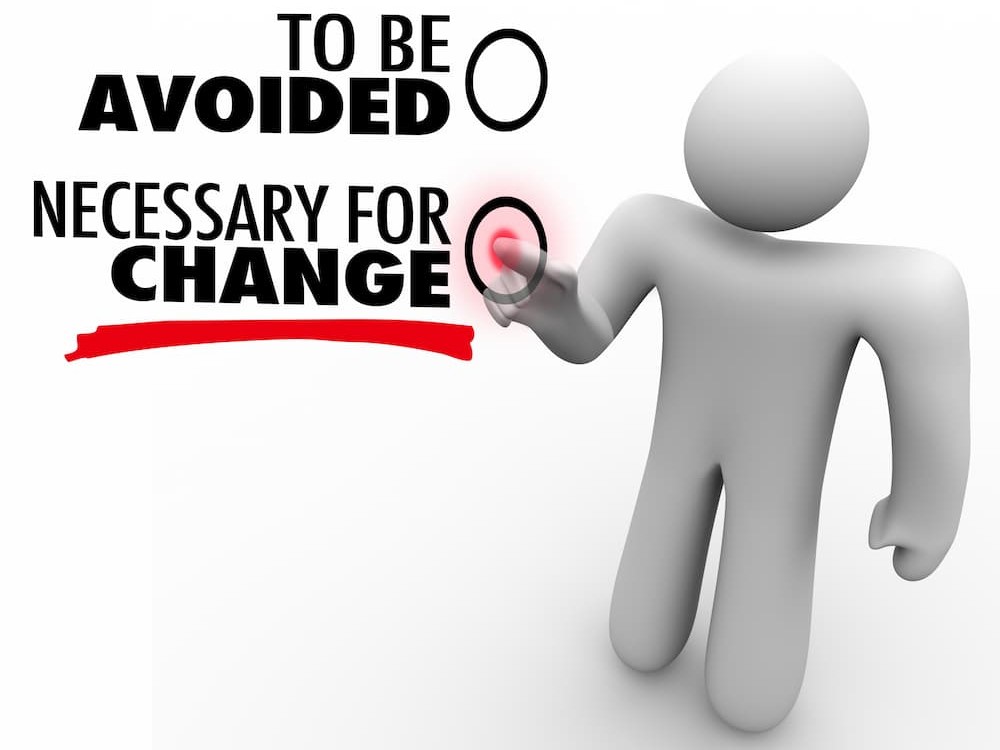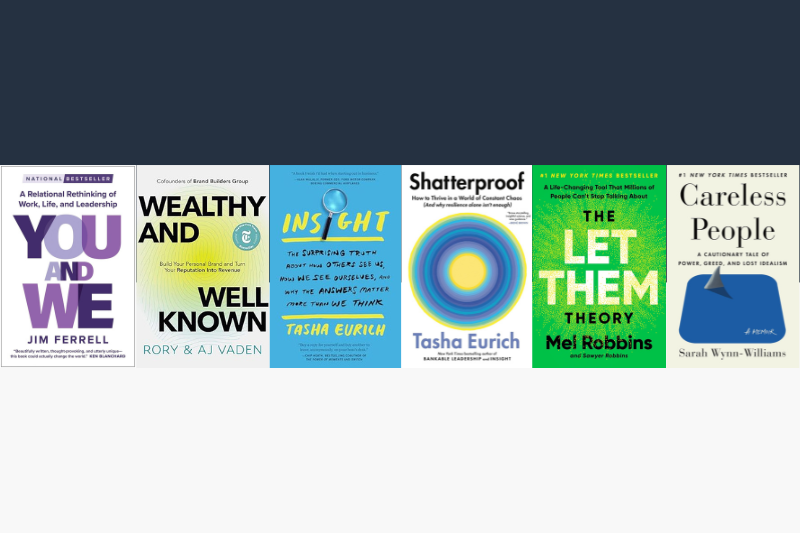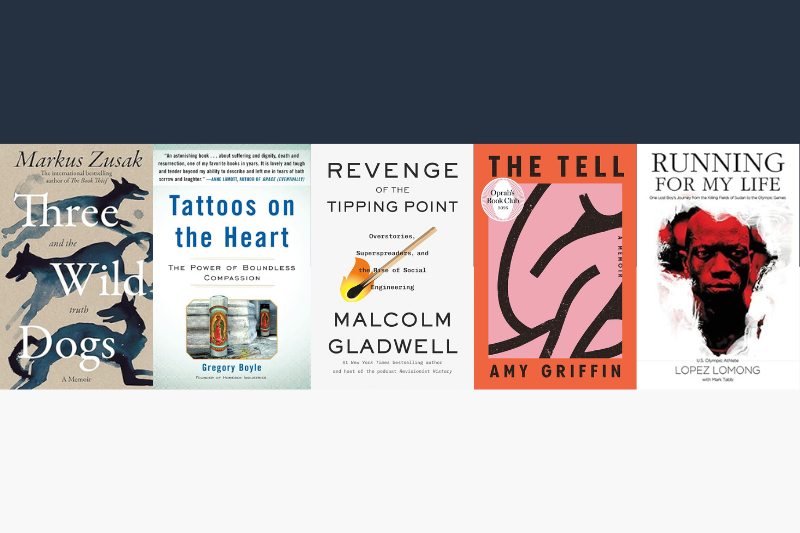If you were to ask 100 people if they have a fixed or a growth mindset, how many people would say that they have a “fixed mindset?”
Not very many, right?!?
Yet, my research echoes Carol Dweck’s research, which suggests that half of all people are fixed-minded.
In this article, I want to explain:
- What fixed and growth mindsets are
- Why people struggle to connect to their fixed-mindedness
- How people can develop more of a growth mindset
What Are Fixed and Growth Mindsets?
What are Mindsets
Our mindsets are mental lenses that our body uses to quickly interpret our environment. They are foundational to everything we do because they shape how we think, learn, and behave.
Let me give you a quick example. How does your body interpret receiving constructive criticism?
For most people, they possess a self-protective mindset (perhaps fixed or closed mindsets) that cause their body to automatically interpret the constructive criticism as an attack, which causes them to think about it negatively, not learn from it, and behave in a manner that they move away from the criticism.
But, other people possess a more value creating mindset (perhaps growth or open mindsets) that cause their body to automatically interpret the constructive criticism as an opportunity to learn and grow. This causes them to think about it more positively, learn from it, and behave in a manner that moves them toward the criticism for growth and development.
As a result of the role our mindsets play, they are often referred to as our “meaning makers.” But, at their most basic level, they are actually neural connections that play a foundational role in how our minds are programmed to interpret and respond to our world. We have some mindset neural connections that are more wired for self-protection, and we have other mindset neural connections that are more wired for value creation.
The question becomes: which is stronger in your mind: your self-protective mindset neural connections or more value creating neural connections?
(If you want to assess the quality of your mindsets, you can take this FREE Personal Mindset Assessment).
Fixed and Growth Mindsets
A fixed mindset is a self-protective mindset that causes one to view their world from the perspective that people “are who they are” and can’t really change their talents, abilities, and intelligence.
When people have a fixed mindset, their body is scared of failing or falling short. This is because their fixed mindset tells them: “If you can’t change and you fail, that must mean that you are a failure.”
So, a fixed mindset is a self-protective mechanism to help someone avoid feeling like a failure.
A growth mindset is a value-creating mindset that causes one to view their world from the perspective that people can change their talents, abilities, and intelligence.
When people have a growth mindset, they are not as worried about failing or falling short because their growth mindset tells them that failure is just a stepping-stone in the process of learning and growing. In fact, they recognize that they learn and grow a lot from their failures and thus are not scared of them.
From decades of research, we have learned that people with fixed mindsets are more prone to shy away from challenges, they are less inclined to develop themselves and others, and more prone to give up when the “going gets tough.”
But, people with growth mindsets are more prone to approach challenges, develop themselves and others, and persevere when the “going gets tough.”
Why Do People Struggle to Connect to Their Fixed-Mindedness?
So, why is it that so many people think they have a growth mindset, but actually have a fixed mindset?
To answer this question, it is important that we understand two things.
First, most people don’t fully possess a fixed mindset or a growth mindset. Instead the quality of their mindsets rests somewhere along the continuum between fixed and growth mindsets. Thus, everyone has the ability to employ both mindset neural connections. The question becomes: what is the ratio of fixed-to-growth mindset processing they engage in?
Another way of saying this is that everyone can point to times in their life where they have learned and grown. This makes them feel like they have a growth mindset. But, that might not necessarily be the case.
This bring us to our second point: Our mindsets are revealed in performance context.
Stated differently, it is easy for one to learn and grow when there is no pressure to perform well. In fact, both fixed and growth mindset people will generally take advantage of the learning opportunity within this no-pressure context.
But, when there is pressure to perform well and look good, that is when the fixed mindset people move toward self-protection. They become resistant to try new things and take risks. They hold on to what has worked in the past because they feel like that is the route that will help them avoid being seen as a failure.
But, those with a growth mindset, while they may feel the pressure to perform well and look good, they stay open to try new things and take risks.

Thus, to actively introspect about the quality of your mindsets, consider how willing you are to take new routes or risks when you feel pressure to perform well or get it right.
(I’ll come back to how this affects leaders two sections below.)
But, it bring these principles to life: consider two basketball players. One player will only try shooting a layup with their off hand during practice. They don’t want to try that in the game because there is pressure to perform well and not miss close shots. But, the other player is willing to try shooting a layup with their off hand during practice and games. They are ok missing a close shot during a game, knowing that having the game-time reps will help them develop more quickly and will help them and their team in the long run.
Which of these two players do you think will be a better basketball player down the road?
How Can People Develop More of a Growth Mindset
The reality is that all of us can develop more of a growth mindset. We can loosen our need for self-protection and become more willing to take on challenges for our current learning and future abilities to create value.
So, what can we do to develop more of a growth mindset?
The first step is to learn more about fixed and growth mindsets. I recommend these books with some self-promotion:
- Mindsets by Carol Dweck
- Success Mindsets by Ryan Gottfredson (yours truly)
- The Gift of Failure by Jessica Lahey
A good next step is to recognize that improving our mindsets requires a unique form of development called vertical development. Vertical development is the process of upgrading our nervous system (i.e., internal operating system) to make meaning of our world in more value creating ways as opposed to self-protective ways.
You can learn more about vertical development here:
- Book: The Elevated Leader by Ryan Gottfredson (yours truly)
- Video: What is Vertical Development?
But, if you really want to move the needle, you are going to need to develop a personal mindset development plan to harness the power of vertical development. I’ll give you a lite option and a more intensive option:
- Lite option: Personal Mindset Development Plan workbook
- More intensive option: See my Mindset Library, which includes options for various resources including a Digital Mindset Coach (so you don’t need to come up with your own plan) or one-on-one coaching.
Do You Want Your Leaders or Employees to Develop More of a Growth Mindset?
Through my work with 100’s of organizations and groups, I have discovered that 60%+ of leaders have more of a fixed mindset. This means that they have a tendency to stick to what has worked on in the past to meet short-term goals. While this may be helpful in helping them hit these short-term goals, it holds them back in the long-term because they struggle to be agile and innovative.
When I work with organizations, my focus is generally to help their leaders and employees awaken to and upgrade the quality of their mindsets.
In fact, I use my mindset assessment to compile a Collective Mindset Report that illuminates the quality of a group’s mindsets. Here is an example report.
If you want to help your leaders and employees develop more of a growth mindset, let’s connect. Grab a time on my calendar here.










